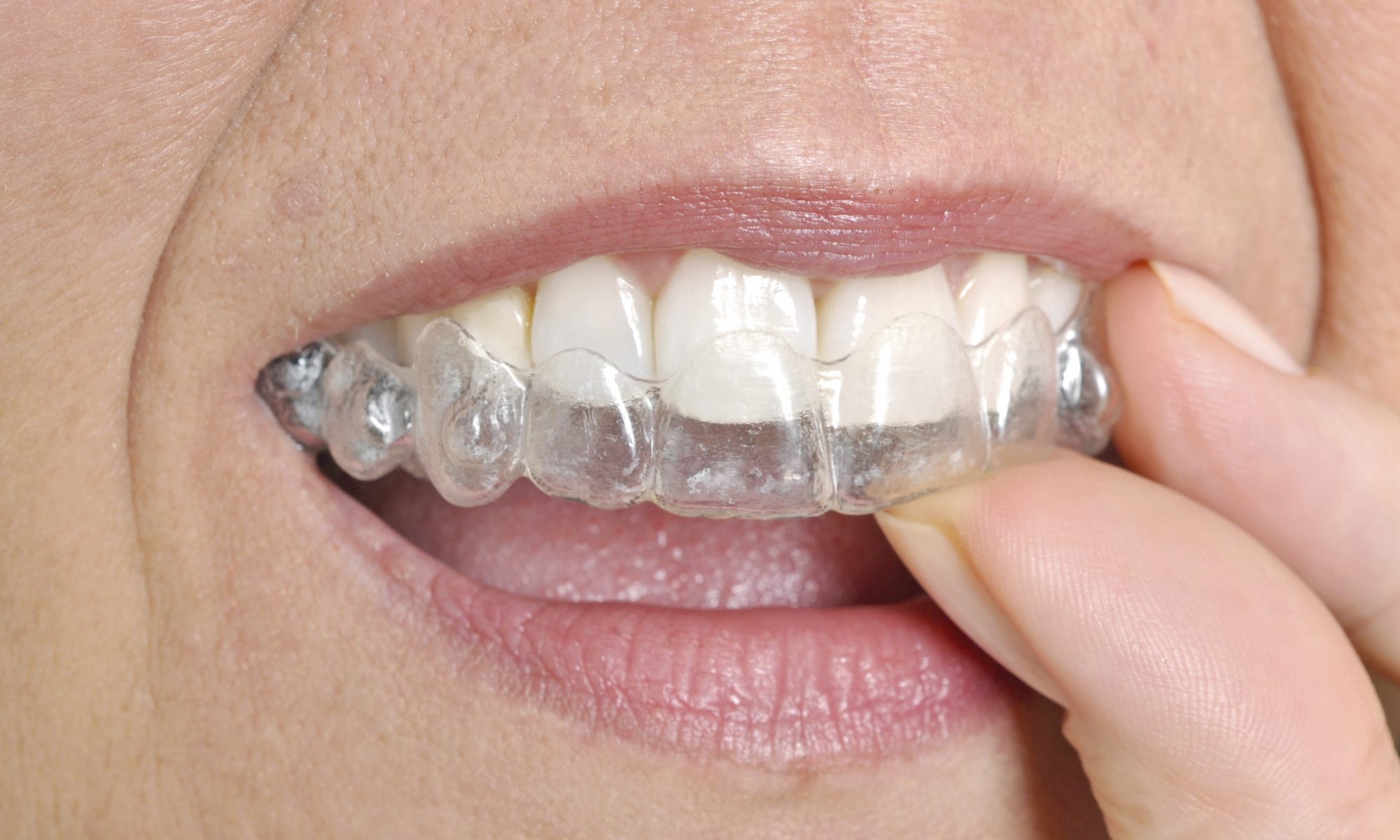Learning that you or you or your child may have a cross bite can be an intimidating moment. A cross bite can seriously impact one’s quality of life, and treatments can seem scary. Yet, questions like “how soon should a cross bite be addressed” and “what means of intervention might we take” are better addressed sooner than later.
What does it mean to have a cross bite?
Simply put, a cross bite is when your upper and lower jaws do not align properly. Your upper jaw may rest to the right or left of your lower jaw, causing an improper alignment. This can cause a variety of issues such as grinding down your teeth, temporomandibular joint disorder, inability to chew effectively, facial asymmetry, uneven jaw development, and biting your cheek or tongue frequently.
Treatment options
Opinions are divided about when to begin treatment for a cross bite, some suggesting at the time of diagnosis (for a child, this could mean around the age of three), while others want to wait until a child’s molars arrive (commonly around the age of six). No matter when you decide to begin treatment, dentists and orthodontists alike agree a cross bit should not be left untreated for the reasons mentioned above.
Depending on the kind of cross bite, and how severe the misalignment is, its likely treatment will involve dental appliances that work to correct the bite pattern. This can be in the form of braces, sagittal expanders, and retainers that all work to correct the alignment over time. These methods are commonly employed when the entire alignment is off. If misalignment is being caused by a single tooth, it is more likely that a dental face mask, clear aligners, or braces are employed.
While crossbites are not very common, they are generally considered a genetic occurrence. In the case of discovering your young child has a crossbite, it should be treated before they sustain permanent damage to their face and jaw. Listen to all the options provided by your dentist, and choose the course of action that best suits your child.
If you have questions or concerns about your child’s jaw or crossbite, make an appointment today with Dr. Schnall at 212-247-7059 or visit our website at www.philipschnalldmd.com.
Dr. Philip Schnall proudly serves Central Park West and all surrounding areas.
